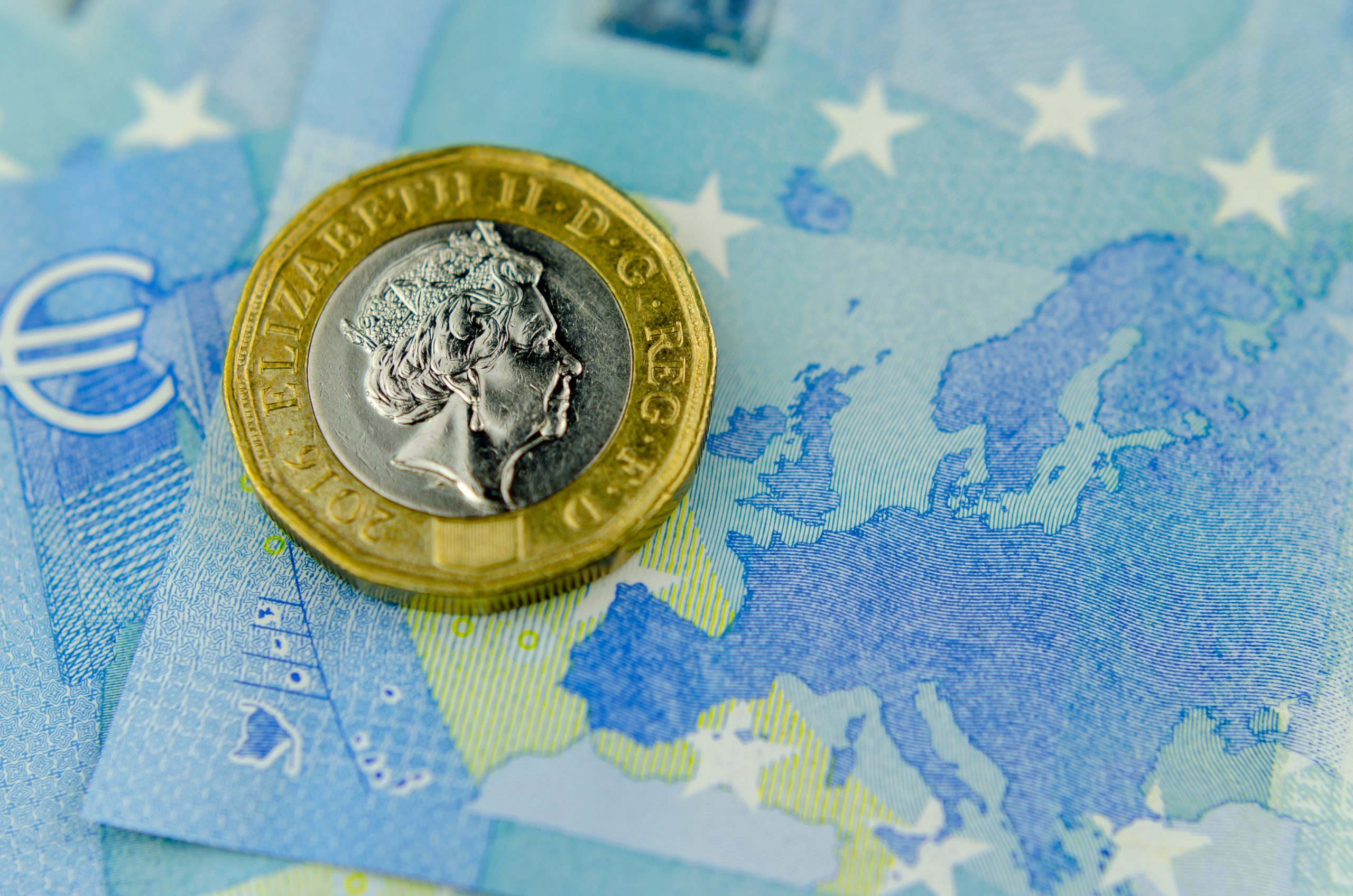GBP/EUR Exchange Rate Weakened amid Downbeat UK Economic Outlook
The Pound Euro (GBP/EUR) exchange rate softened in the wake of a myriad of political and economic headwinds in the UK.
At time of writing the GBP/EUR exchange rate is around €1.1367, a 0.30% fall from this morning.
Pound (GBP) Soured on Mounting Recession Fears
The Pound remains subdued this afternoon as concerns over the government’s fiscal policy continue to worry investors.
An assessment by Deutsche Bank compounds investor fears as business confidence remains as low as it was at the height of the pandemic. Expectations of the economy remaining weak until 2024 are growing as GDP isn’t expected to return to pre-Covid levels for some time.
Meanwhile, Brexit fears could weigh on the Pound as Prime Minister Liz Truss met with Irish Foreign Minister Simon Coveney. Negotiations have resumed on the Northern Ireland protocol, but there is still a lot of work to do before an agreement can be reached. A potential trade war between the EU and UK could be weighing on investors.
Looking ahead, political volatility could weigh heavily on Sterling. Infighting and a divided Tory party undermine Truss and her government as investors remain concerned with unfunded fiscal policies. Any further changes to fiscal policies could affect the demand for Sterling.
Euro (EUR) Wavers on Strong US Jobs Data
The Euro (EUR) is experiencing volatility today as its negative correlation with the US Dollar weighed on the single currency in the wake of strong US employment data.
Elsewhere, troubling data out of Germany is also weighing on the Euro. Europe’s largest economy is exhibiting weaker economic activity, as industrial production printed worse than expected. Industrial production contracted for the first time since March of this year. Following a revised flat reading for August, output declined once again. Meanwhile, retail sales for Germany also showed a slowdown as sales shrank 1.3% MoM in August.
Meanwhile, President Biden has warned of ‘Armageddon’ as Putin poses the biggest nuclear risk for sixty years. After Putin ‘annexed’ several regions of Ukraine, he warned the use of nuclear warheads as retaliation if Russia was threatened.
Looking ahead, a flurry of European Central Bank (ECB) speeches could influence the Euro. Any further hints on monetary policy going forward could influence the single currency.
Elsewhere, developments in Ukraine will be closely monitored by investors. Escalating tensions between Russia and the West could sour global market sentiment, as well as energy security fears for the Euro area.


Comments are closed.